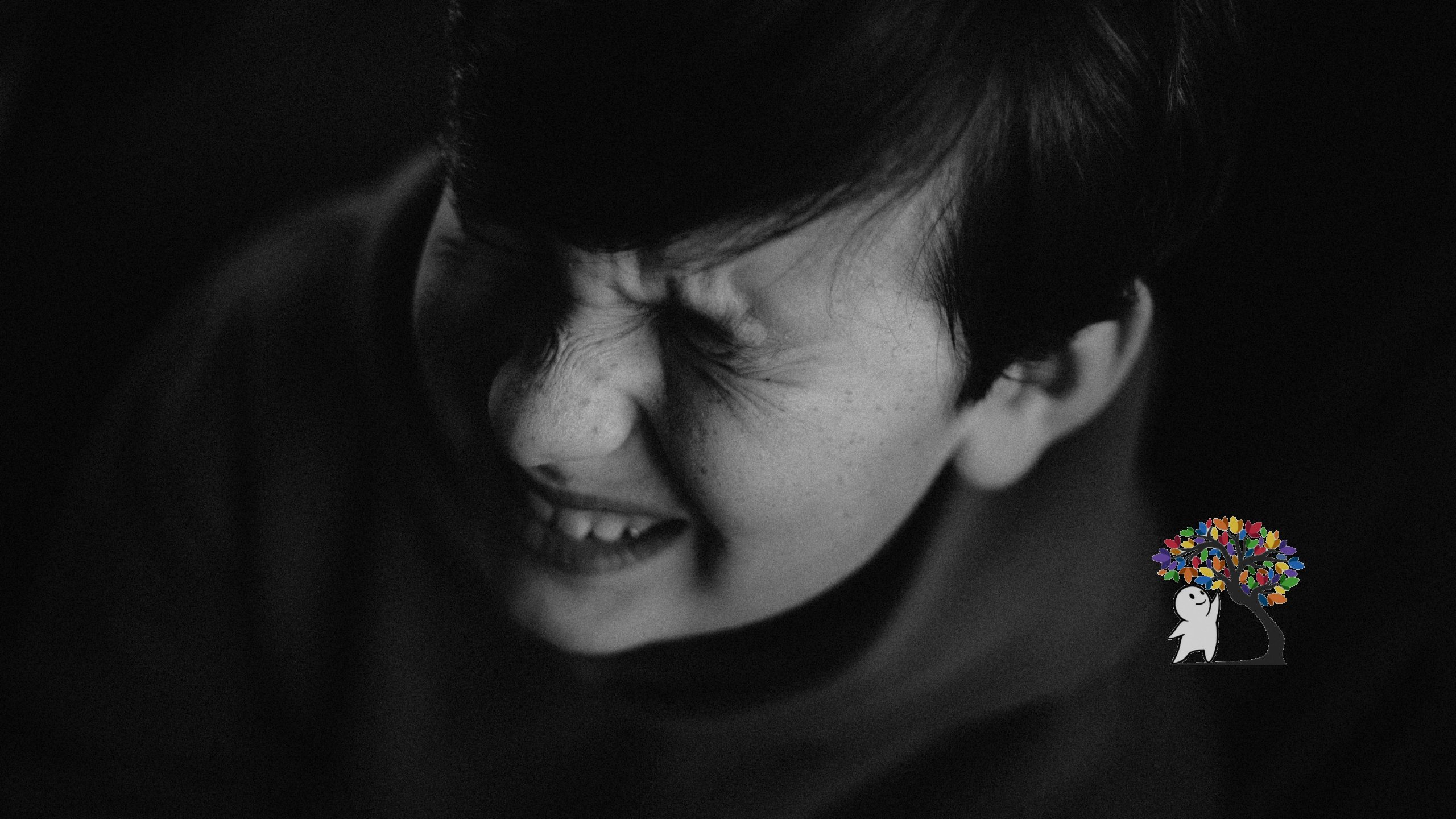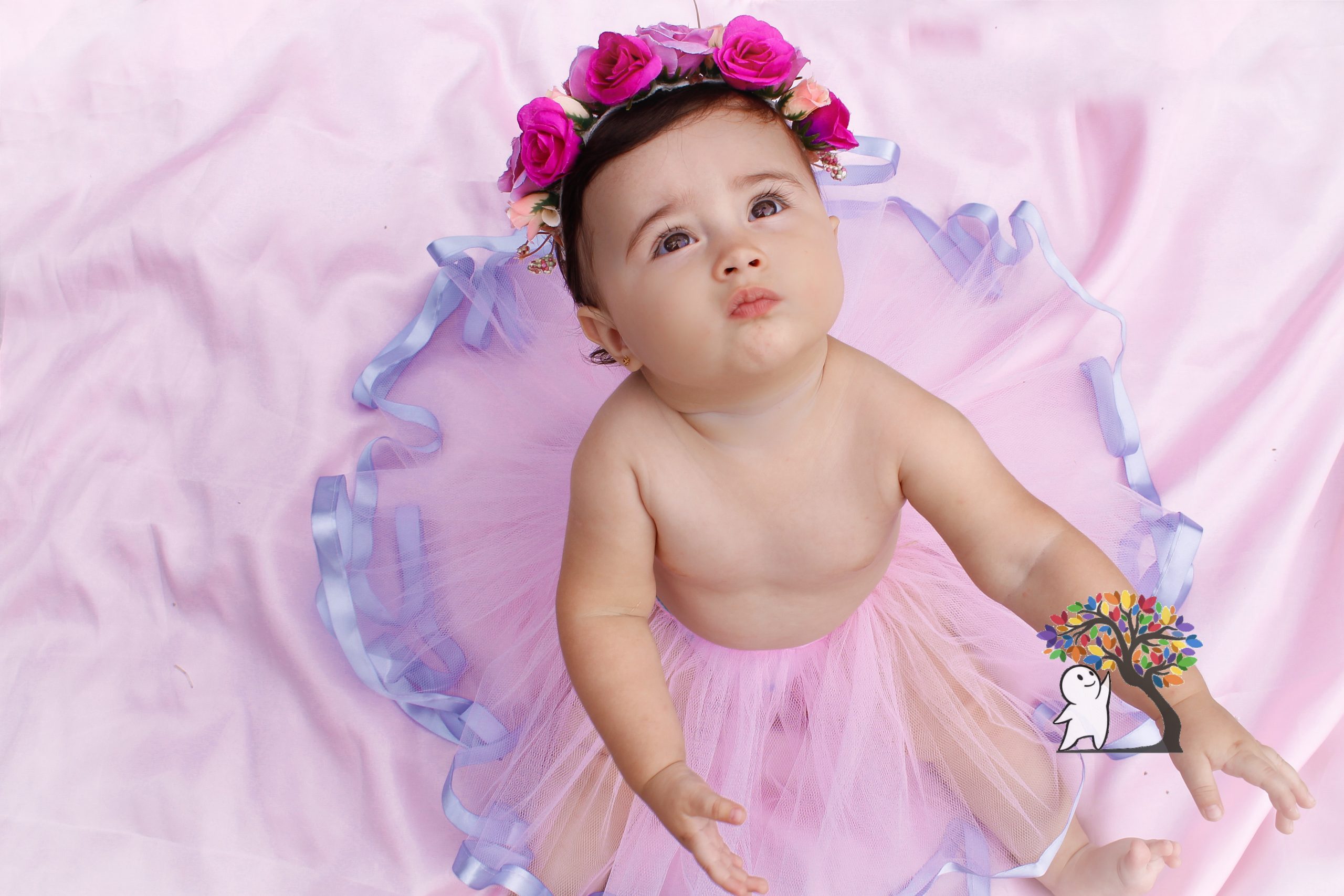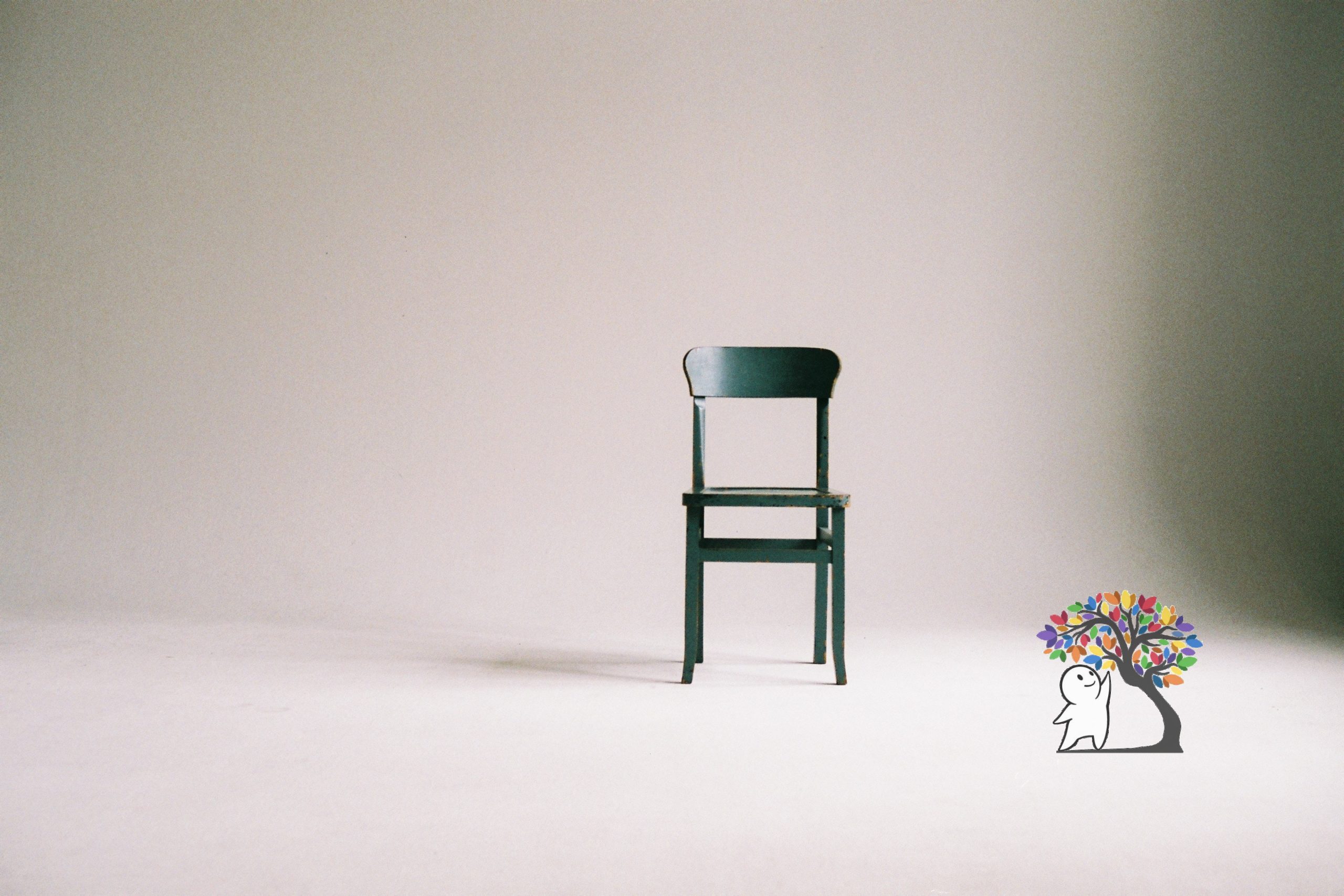7 Types Of Parents And Their Effects

Introduction
Parents play one of the central roles in our lives. The way they interact with us can lead us to who will end up becoming. Here are 7 types of parents that may influence our behaviors.
1) The authoritative style
This type of parent tends to have high levels of both demands and responsiveness for their children. In other words, they expected their children to behave well while providing sufficient support to them at the same time. Children are likely to become more independent and empathetic as they grow up under this type of parenting style (Schoenewolf, 2016).

2) The authoritarian style
Parents who belong to this type have high levels of demands, but low levels of responsiveness. For example, they will expect their children to do well in school or in competitions, but when their children ask for love and care, they are less likely to offer them affection. Because of that, children have a higher probability of becoming more scared and insecure (Schoenewolf, 2016).

3) The permissive style
This type of parents are likely to have high levels of responsiveness, but low levels of demands, which is the total opposite of the authoritarian type. They tend to care a lot for their children and let them do whatever they like. Since they do not assign any boundaries that restrict their children, they will most likely become spoiled and impulsive as they get older (Schoenewolf, 2016).

4) The neglectful style
How would you feel if you wanted to share something but your parents ignored you all the time? Exactly. This sort of sums up the neglectful parenting style. They have low response and demand rates and they don’t seem to acknowledge their children exist in the same housing. They are either really busy or just extremely cold and aloof in general. Due to all of the neglect that the children had experienced, they are more likely to end up really needy and lacking self-esteem (Schoenewolf, 2016).

5)The alcoholic type
This type of parenting is one of the most destructive for children’s development. It is not just neglecting their needs, rather, alcoholic drinks are often involved. Since alcohol has a significant influence on one’s cognition and behavior after intensive consumption, it becomes impossible for the drinker to take care of someone else. Even if only one of the parents drinks, it still impacts the child’s vulnerability towards building friendships and trust with others (Yadav, 2018).

6) The joking type
Telling a few jokes to a child is harmless most of the time, but if it is often used repetitively in each context, it may be problematic. For example, if a parent constantly jokes about the son or daughter through criticism or insult, it is possible to make the child feels the loss of confidence and worthlessness (Yadav, 2018).

7) The abusive type
This is one of the severe types that should be addressed. Parents who belong to this type see their children as a material for them to vent and release their anger. The types of abuse can vary, such as physical, verbal, or even sexual abuse. Prolonged exposure to these abusive actions is associated with helplessness, despair, and a strong desire for revenge (Yadav, 2018).

Acknowledgment
Although these are the general types of parenting, there are certain possibilities for these criteria overlap. It is also normal that not all children will completely end up in ways as described above.
References
Schoenewolf, G. (2016). 10 Types of Parents and Their Effect. PsychCentral. https://blogs.psychcentral.com/psychoanalysis-now/2016/12/10-types-of-parents-and-their-effect/
Yadav, D., (2018, November 24). 6 Types Of Toxic Parents And How To Behave With Them. DesiSoch. https://www.desisoch.com/articles/relationships/types-of-toxic-parents-how-to-behave-with-them.html/



Responses